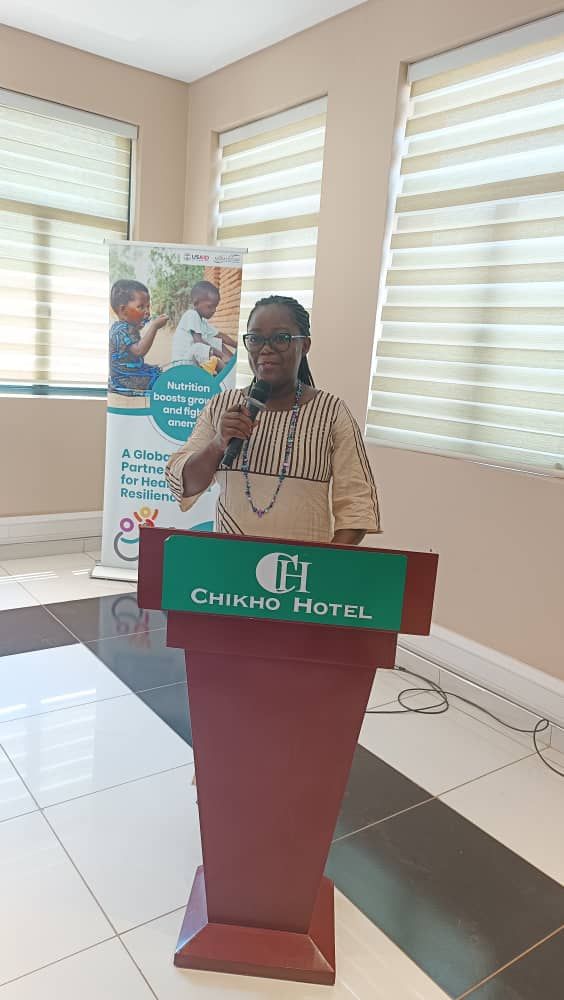By Elywin Chighali Mhango
In a bid to enhance the quality of education and address critical health and nutrition needs among learners, the Ministry of Education in Malawi is set to embark on the development of a new comprehensive School Health Nutrition HIV and AIDS (SHNHA) policy. The Deputy Director for SHNHA, Maureen Maguza Tembo, highlighted the pivotal role played by the Strategic Planning Advisors for Education and School Health in Africa (SPAESHA) project in shaping this upcoming policy revision.
The recent closeout meeting in Mponela, Dowa marked the conclusion of the SPAESHA project, a two-year initiative spanning from 2022 to 2024. Through qualitative research and detailed analysis, the project has provided valuable recommendations aimed at improving learner health and nutrition within the educational system.

Maguza-Tembo emphasized the importance of considering various crucial factors in policy development, such as ensuring equal access to Water, Sanitation, and Hygiene (WASH) facilities for learners with special needs and addressing disparities in school meal programs across different institutions. These key areas are to be thoroughly reviewed and addressed in the upcoming policy revision process.
The SPAESHA recommendations encompass a wide range of initiatives, including the training of education staff on pandemic and epidemic preparedness, standardization of healthcare services in schools, bolstering school meal programs in food-insecure regions, and enhancing the capabilities of district School Health Nutrition coordinators.
In acknowledgment of the collaborative efforts involved, Dr. Chakufwa Munthali, Director of Programs Operations, Partnerships, and Awards Management at Save the Children International, commended the Ministry of Education for their dedication and support throughout the project’s implementation. He expressed gratitude for the ministry’s commitment to integrating the SPAESHA recommendations into the revised SHN policy and reiterated Save the Children’s unwavering support towards addressing identified gaps.
The gathering at the closeout meeting included strategic partners from various sectors, including the Ministries of Gender, Agriculture, and Health, alongside SAVE the Children International, USAID, and representatives from academia. The collective commitment displayed underscores a shared goal of fostering a healthier and more conducive learning environment for students across Malawi.
As Malawi redefines its approach to school health, nutrition, and overall well-being, the SPAESHA project stands out as a collaborative effort paving the way for a more holistic and inclusive educational experience.


